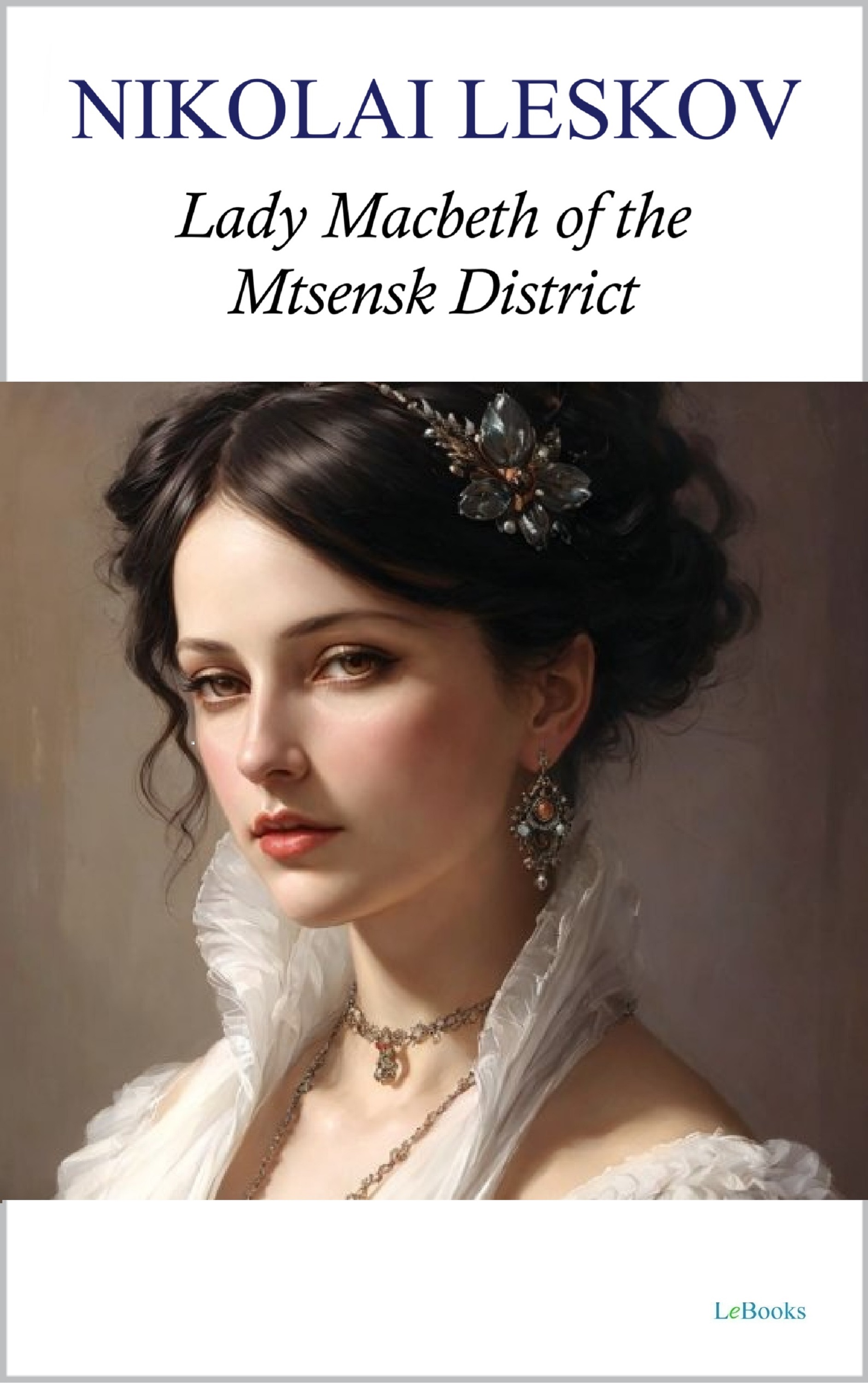
Lady Macbeth of the Mtsensk District is a gripping exploration of passion, power, and moral corruption set against the backdrop of 19th-century Russia. Nikolai Leskov crafts a stark and unsettling narrative that challenges societal norms, portraying the tragic consequences of unchecked desire and defiance against oppressive structures. The novella follows Katerina Lvovna, a merchant's wife trapped in a stifling marriage, who embarks on a destructive path of love and violence, defying traditional expectations of femininity and obedience.
Since its publication, Lady Macbeth of the Mtsensk District has been recognized for its incisive critique of patriarchal constraints and its psychologically complex protagonist. Leskov's sharp storytelling and rich depiction of provincial Russian life provide a haunting meditation on guilt, power, and the consequences of transgression. The novella's themes of passion, rebellion, and inevitable downfall have secured its place as a significant work in Russian literature, inspiring adaptations in opera and film.
The work's lasting impact stems from its ability to expose the darker aspects of human nature and the societal pressures that shape individual destinies. By depicting the collision between personal desires and rigid social structures, Leskov compels readers to consider the boundaries of morality and the cost of liberation.